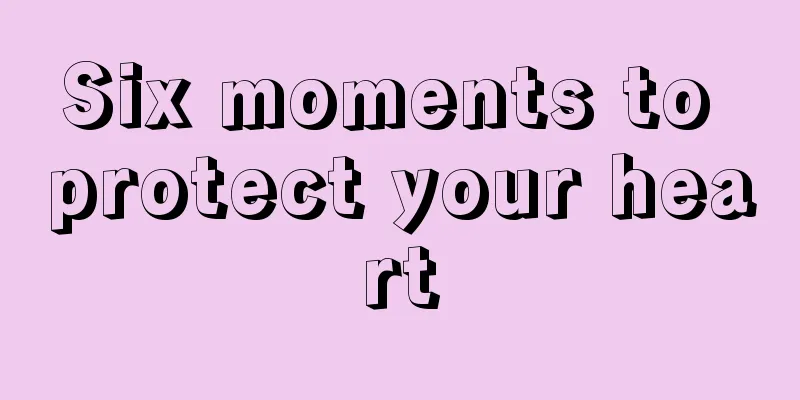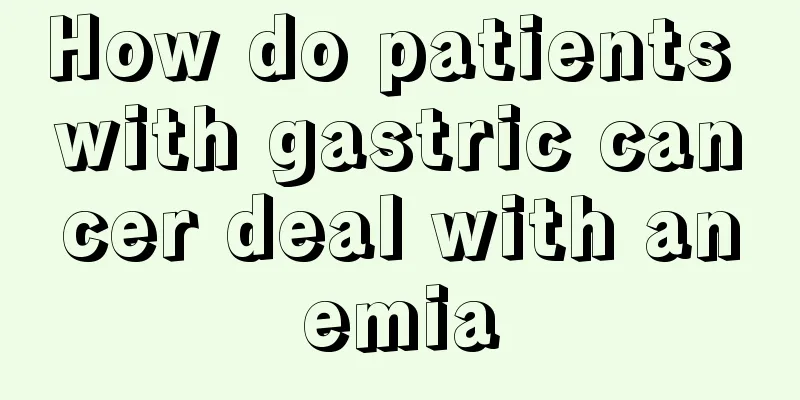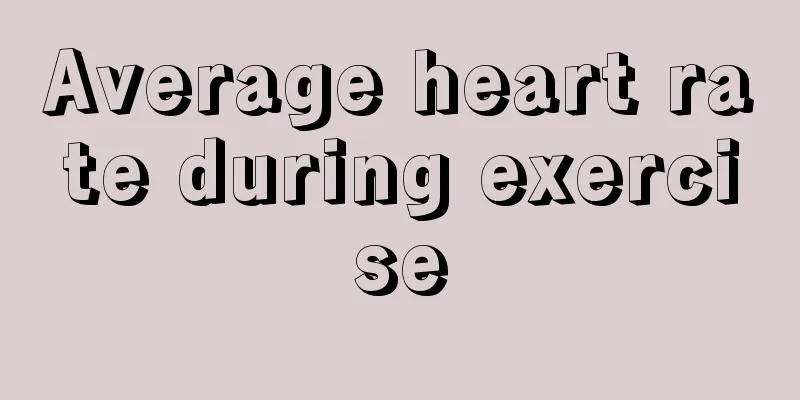Six moments to protect your heart

|
Experts point out that there are six high-risk times for heart attack. He reminded everyone that learning to protect themselves during these six high-risk moments can greatly improve the survival rate of heart patients. Moment 1: After waking up in the morning Studies have found that the risk of heart attack increases by 40% in the early morning. The reason is that when the human body is awake, stress hormones such as adrenaline are secreted in the body, which causes blood pressure to rise and oxygen consumption to increase. When you wake up, your body is dehydrated, your blood is more concentrated and has more difficulty flowing. All of these things put a strain on the heart. Protective measures: It is better to get up slowly rather than quickly in the morning, and be sure to leave enough "buffer time". After getting up, you must pay attention to keeping warm. If you like morning exercises, remember to warm up thoroughly before exercising to avoid increasing the burden on your heart. If you are taking a beta-blocker, it is best to take it before going to bed at night so that the drug can be most effective in the early morning. Moment 2: Monday morning Surveys show that the risk of heart attack on Monday mornings is 20% higher than on other days of the week, possibly because people feel stressed and depressed about returning to work on Mondays. Protective measures: Try to relax on Sunday, but don't sleep too much. After sleeping in on Saturday and Sunday, the body is more tired and the natural rhythm is disrupted, so suddenly waking up early on Monday will increase blood pressure. Time 3: After dinner If the meal contains a lot of meat or fish, or if you feel a little full, then the period after the meal is a high-risk time for heart disease patients. Several studies have shown that a high-fat and high-carbohydrate diet can cause blood vessels to constrict and increase the risk of blood clots. Protective measures: Heart patients should avoid overeating. If you really can't help it, taking an aspirin every day can help prevent your blood from thickening. Moment 4: Going to the toilet "Constipation" is the "culprit" of heart attacks, and it is common for heart patients to suffer from myocardial infarction and sudden death as a result. The reason is that straining too much during bowel movements increases chest pressure, reduces blood flow back to the heart, and can lead to a heart attack. Protective measures: Eat more high-fiber foods, replenish water in the body, prevent constipation, and avoid straining when defecating. Moment 5: When doing physical work For heart patients, they should also warm up thoroughly before doing heavy physical work such as sweeping snow and moving things. Insufficient preparation can cause a surge in stress hormones in the body, a sudden increase in blood pressure, and a racing heart, which can easily induce a heart attack. Protective measures: Start with a small amount of exercise, persist in exercising, proceed step by step, and gradually increase the amount. Moment 6: When speaking in public Speaking in front of a lot of people is a test for your heart. Excessive psychological stress can cause increased blood pressure, faster heart rate, and increased adrenaline, all of which are high-risk factors for heart disease. Protective measures: Relax fully mentally before speaking. When encountering activities that may cause stress, taking beta-blockers in advance can have a good preventive effect. In addition, heart patients should try to avoid crowded transportation. Traffic jams are also very risky for heart patients. They can cause high blood pressure and increase the risk of heart attack by 3 times. |
<<: Top 10 embarrassing health questions
>>: Seven suggestions for loving and protecting your heart
Recommend
What causes nosebleeds in advanced lung cancer?
There are many reasons for nose bleeding in advan...
How many years can a person generally live after gastric cancer surgery?
The survival time after surgical resection of gas...
How to repair scars after skin burns
People always get skin burns due to carelessness....
What is the effect of tetanus
I don’t know if you have ever had a tetanus shot....
What disease causes sunken eyes?
If your eyes are sunken, you should be careful to...
Do you need to peel the lemon when making juice
Fruit juice is a very good drink. There are many ...
Shocking! These are also symptoms of lung cancer!
What are the symptoms of lung cancer? Do you know...
What are the common hazards of fibroids
Fibroid is a disease that many friends are concer...
Are there still parasites in cooked crayfish?
Crayfish is a delicacy that people often eat in s...
5 things to note when nursing closed chest drainage after lung cancer surgery
After lung resection, a drainage tube is often pl...
What is the effect of moxibustion on Shenque
Moxibustion is indeed good for our physical healt...
What should I do if I have mild carbon monoxide poisoning?
There are often safety hazards in life, but when ...
Can surgery be performed for lung cancer lymph node metastasis?
The presence of lymph node metastasis in lung can...
What causes nasopharyngeal cancer?
In life, there are many cancers, and nasopharynge...
When is the most accurate time to use a pregnancy test stick?
In the past, it was complicated for women to know...









